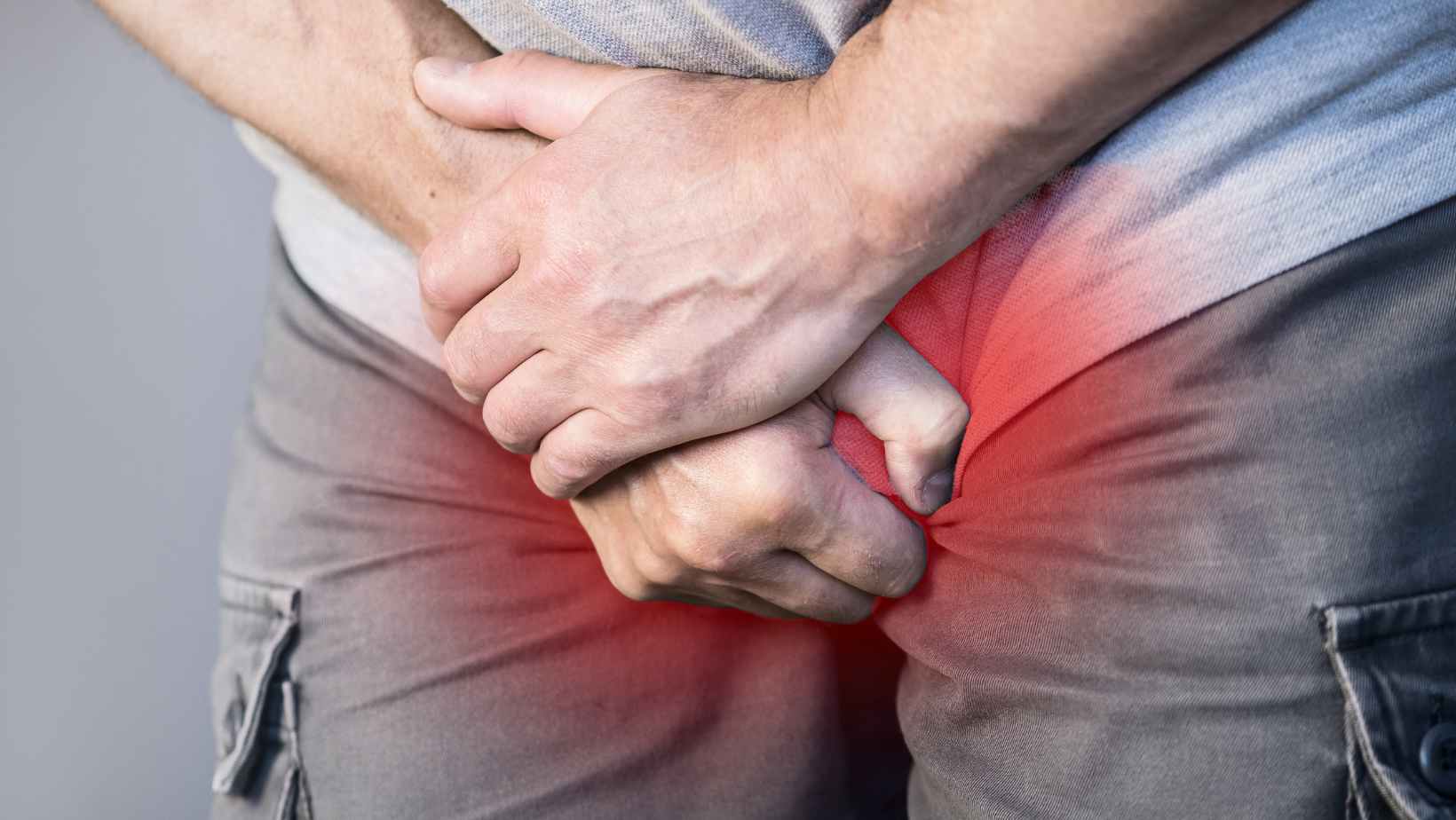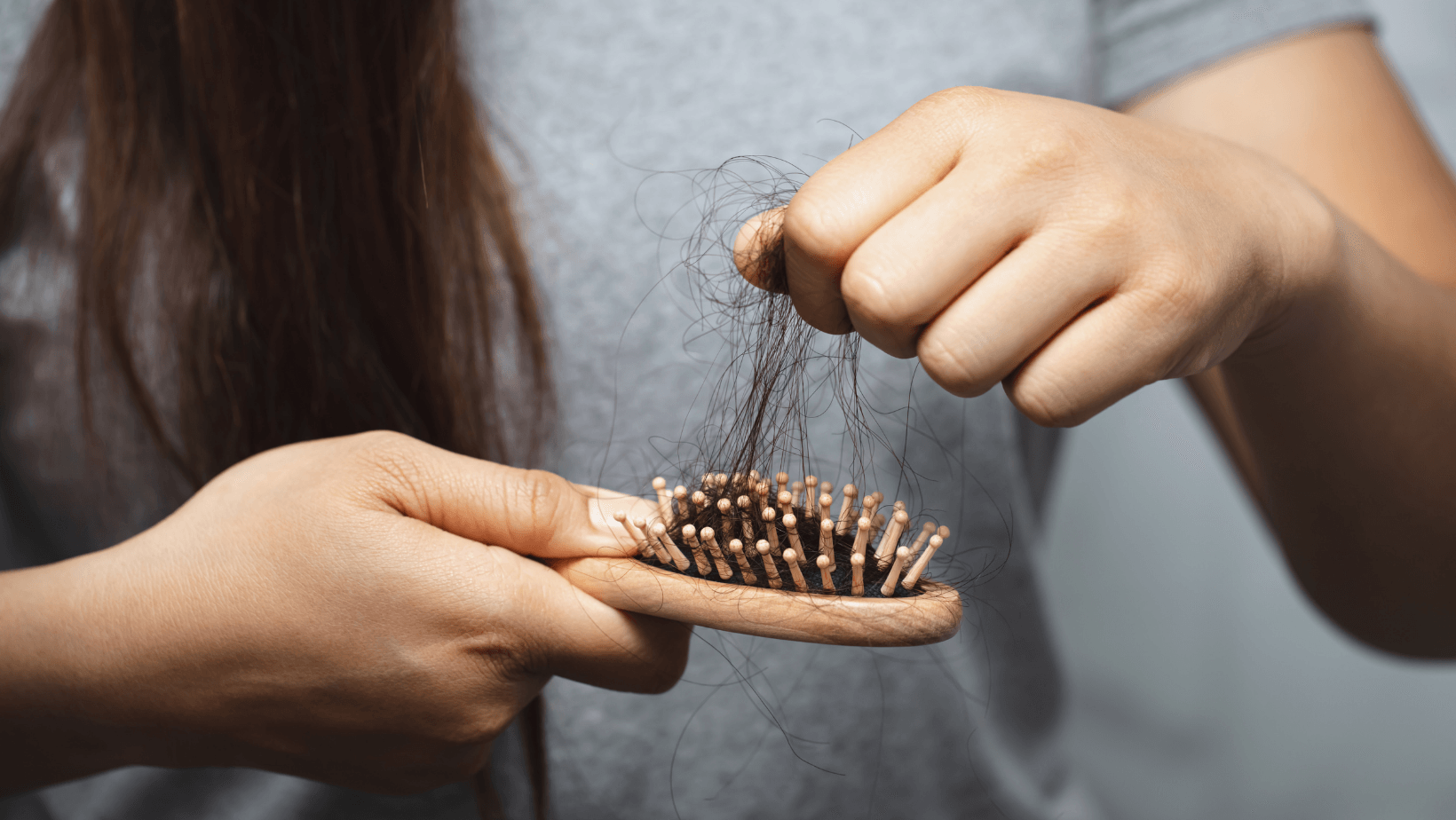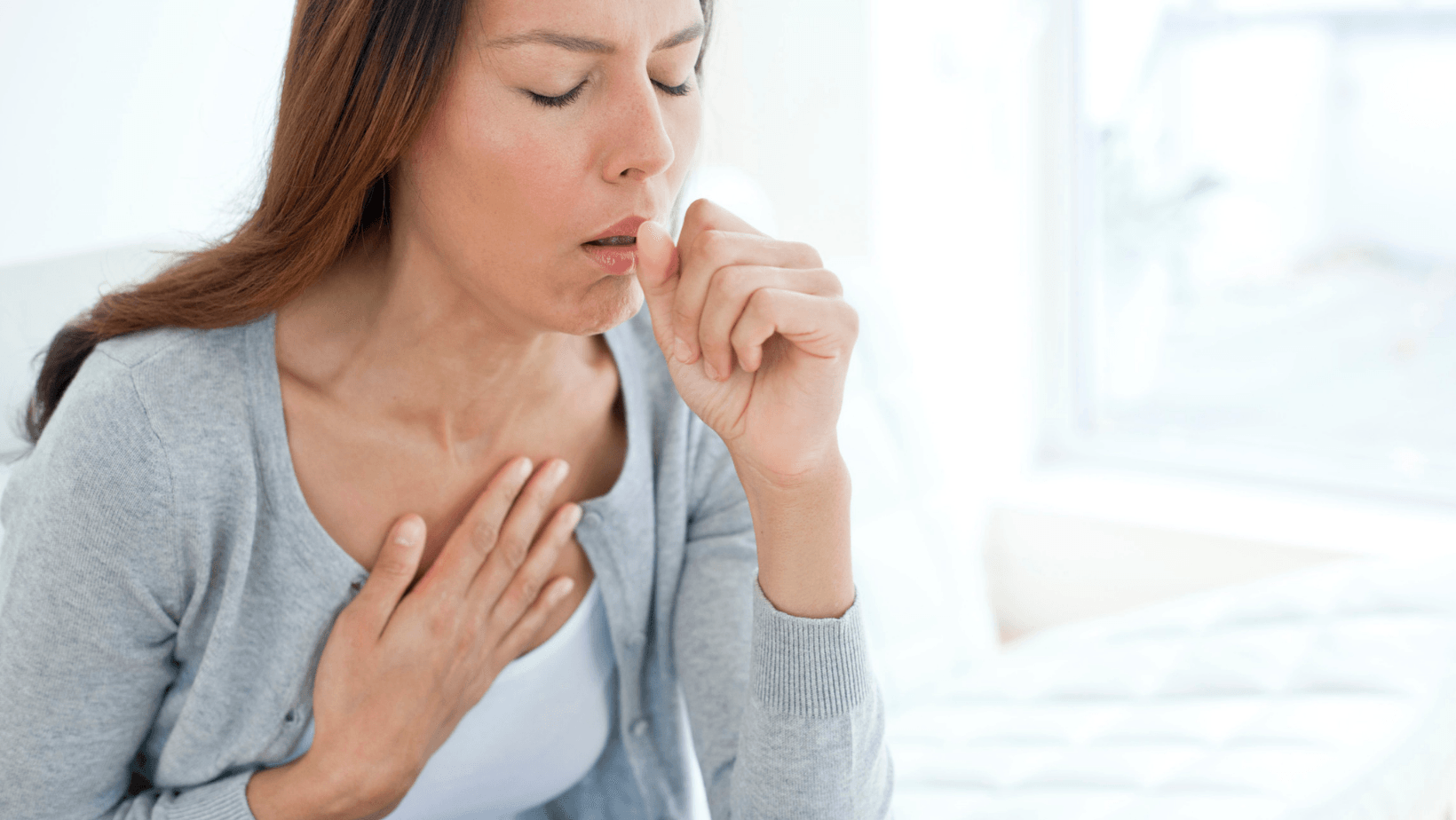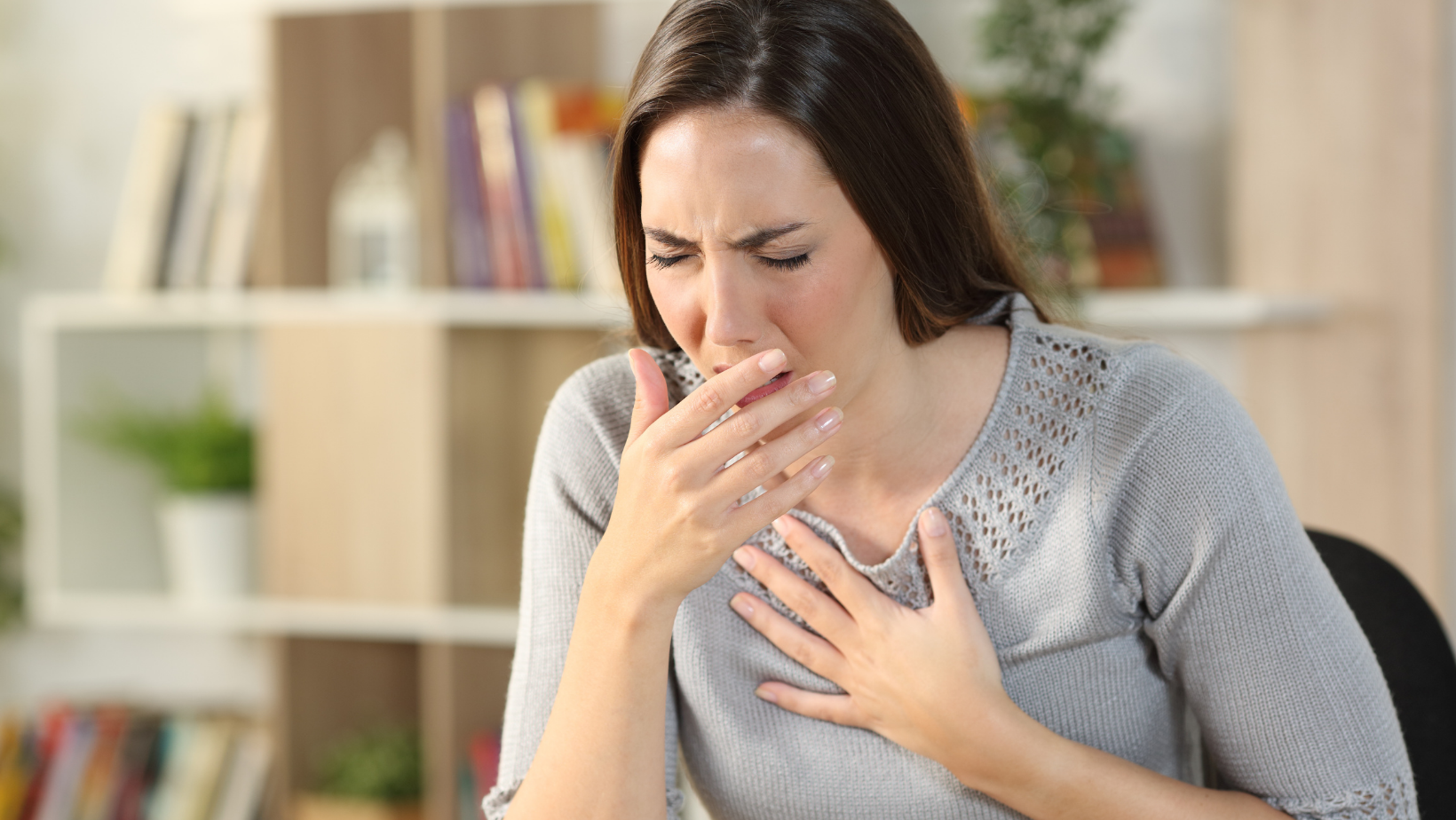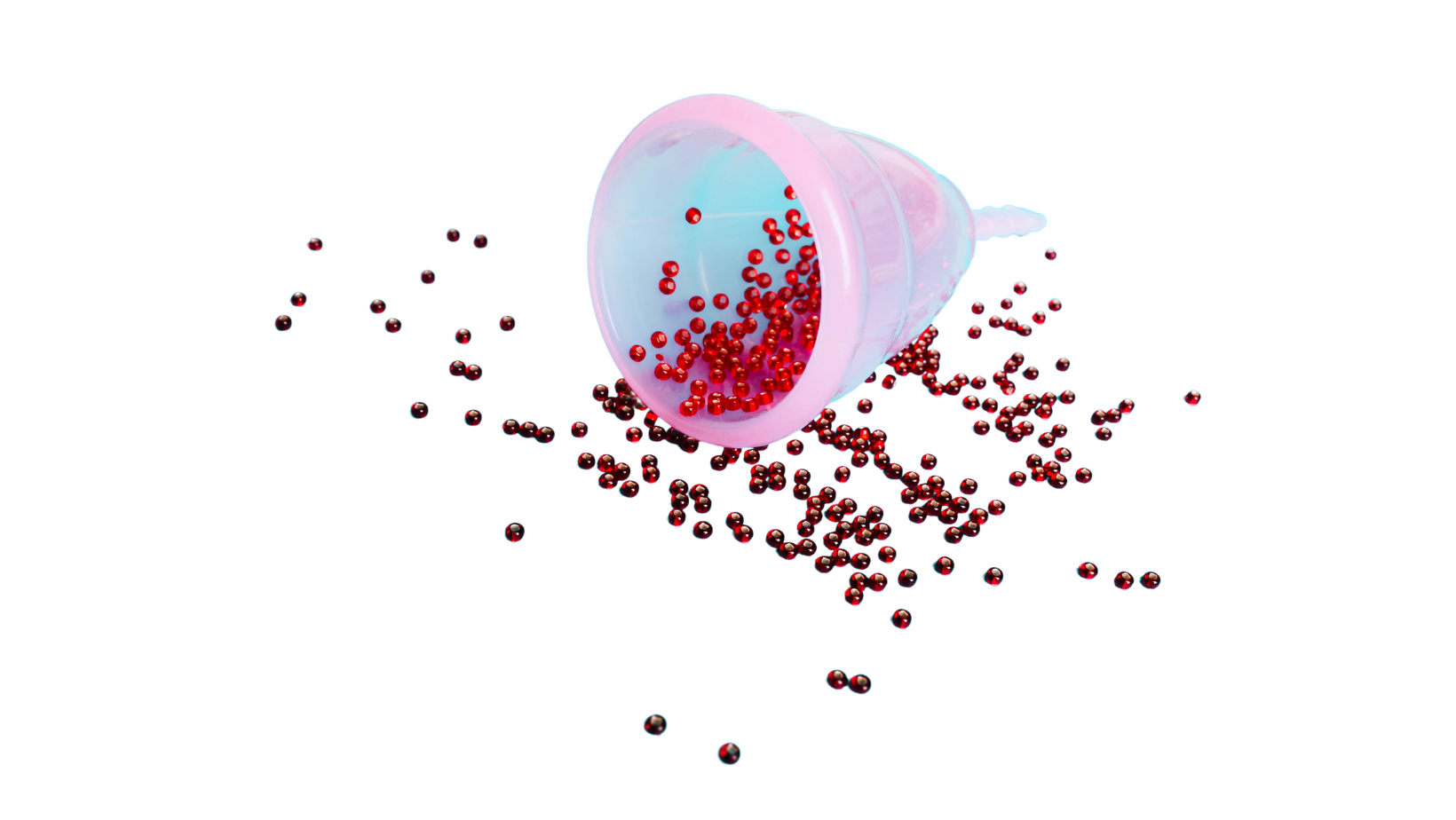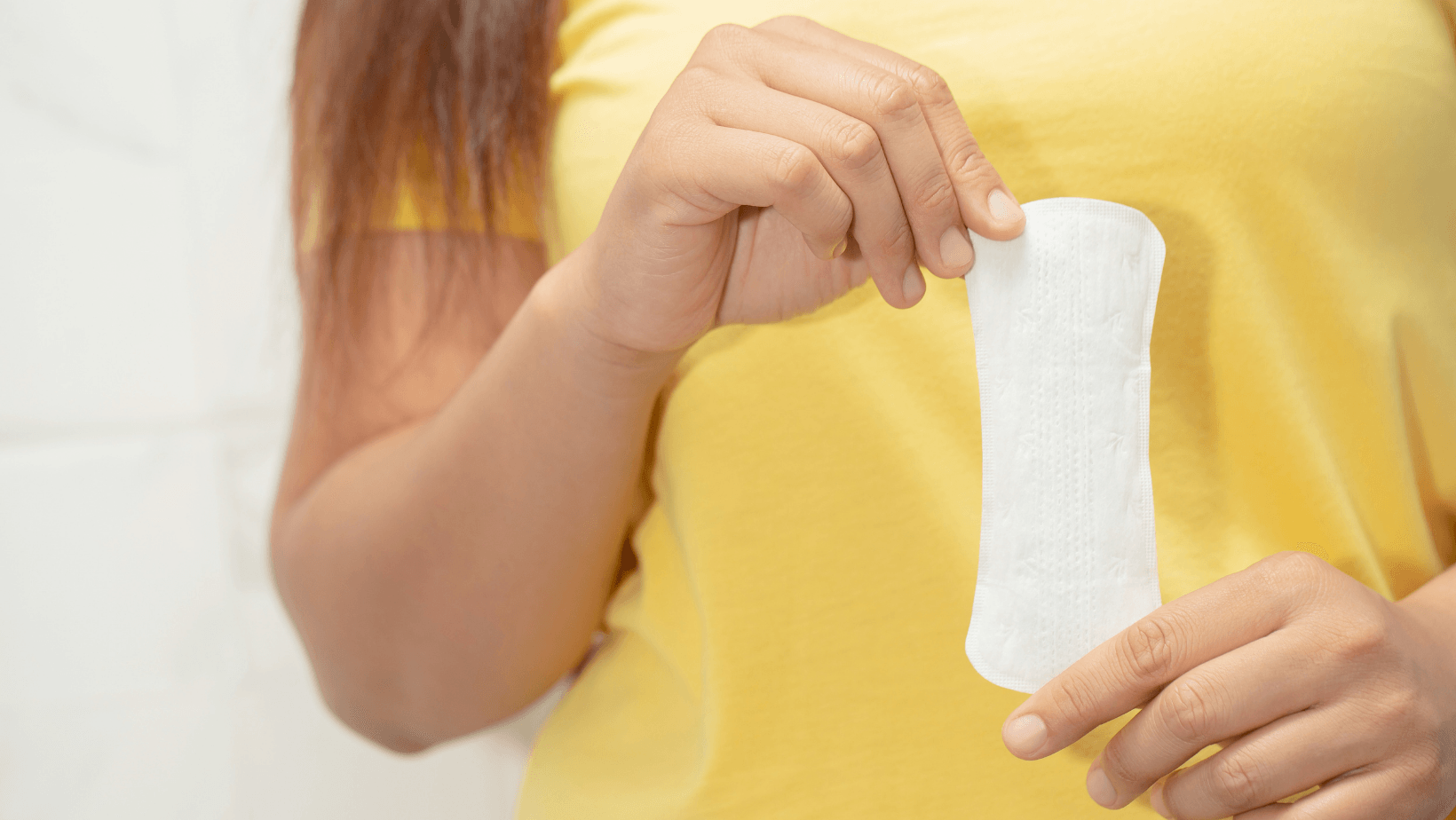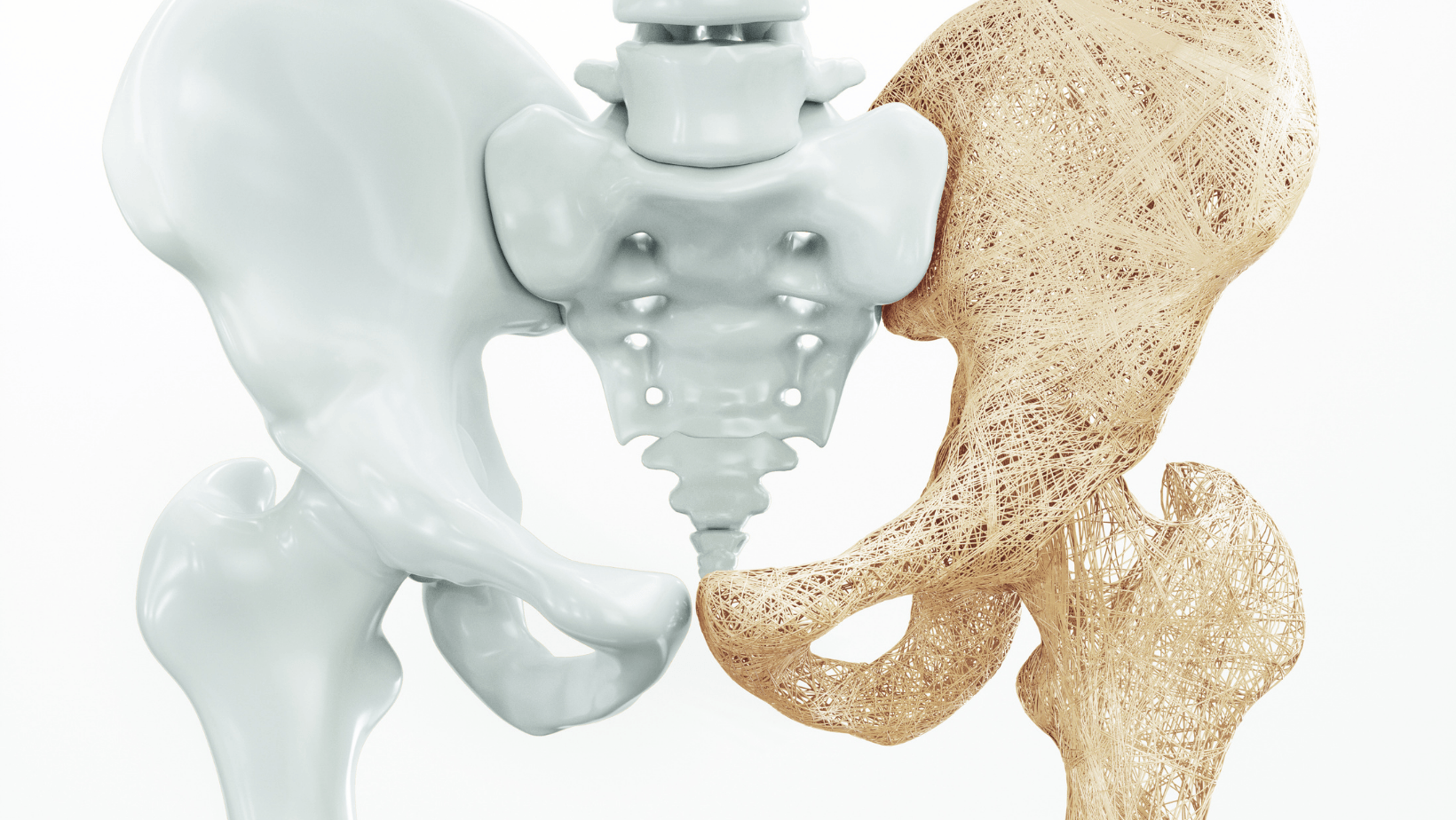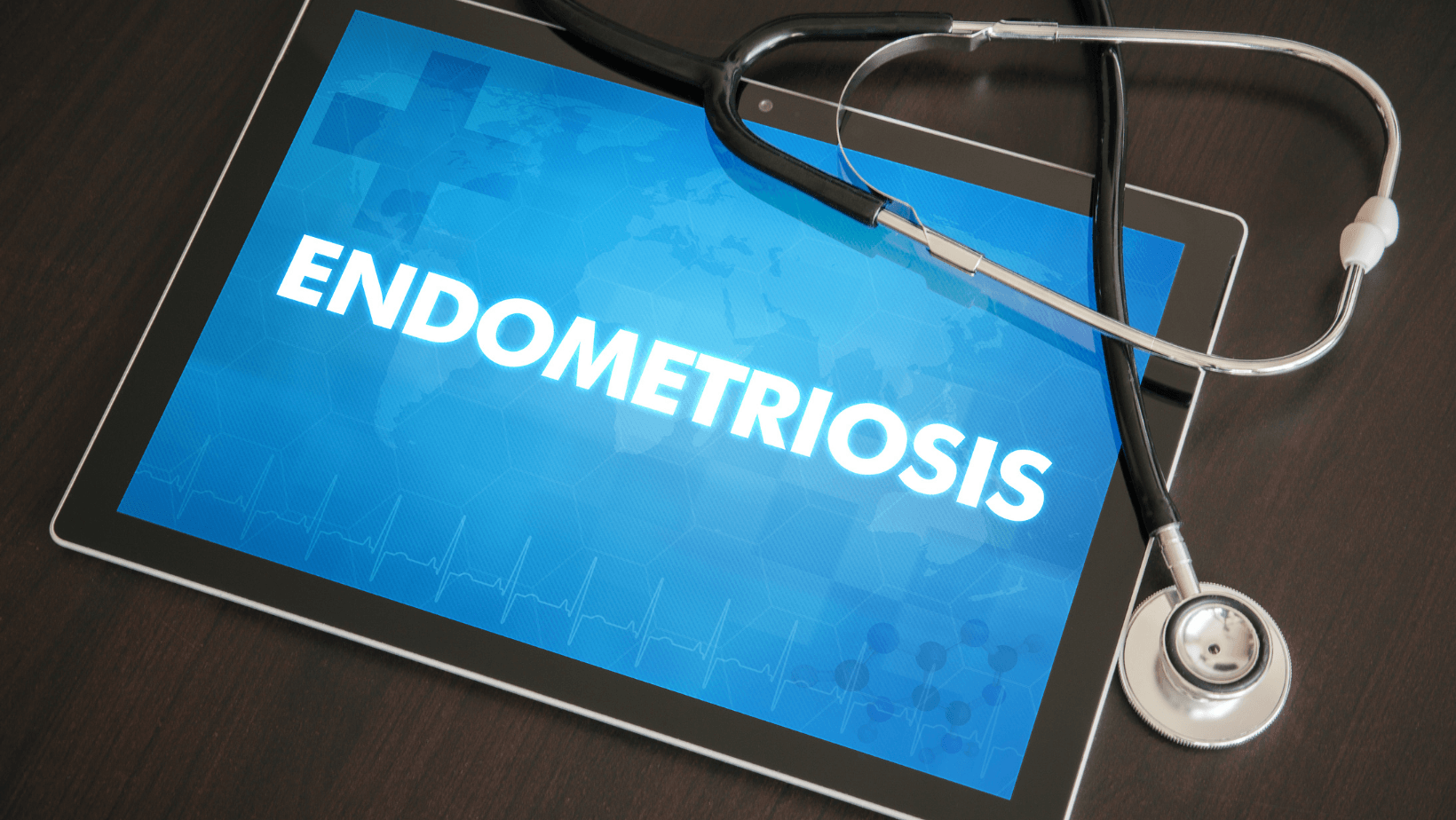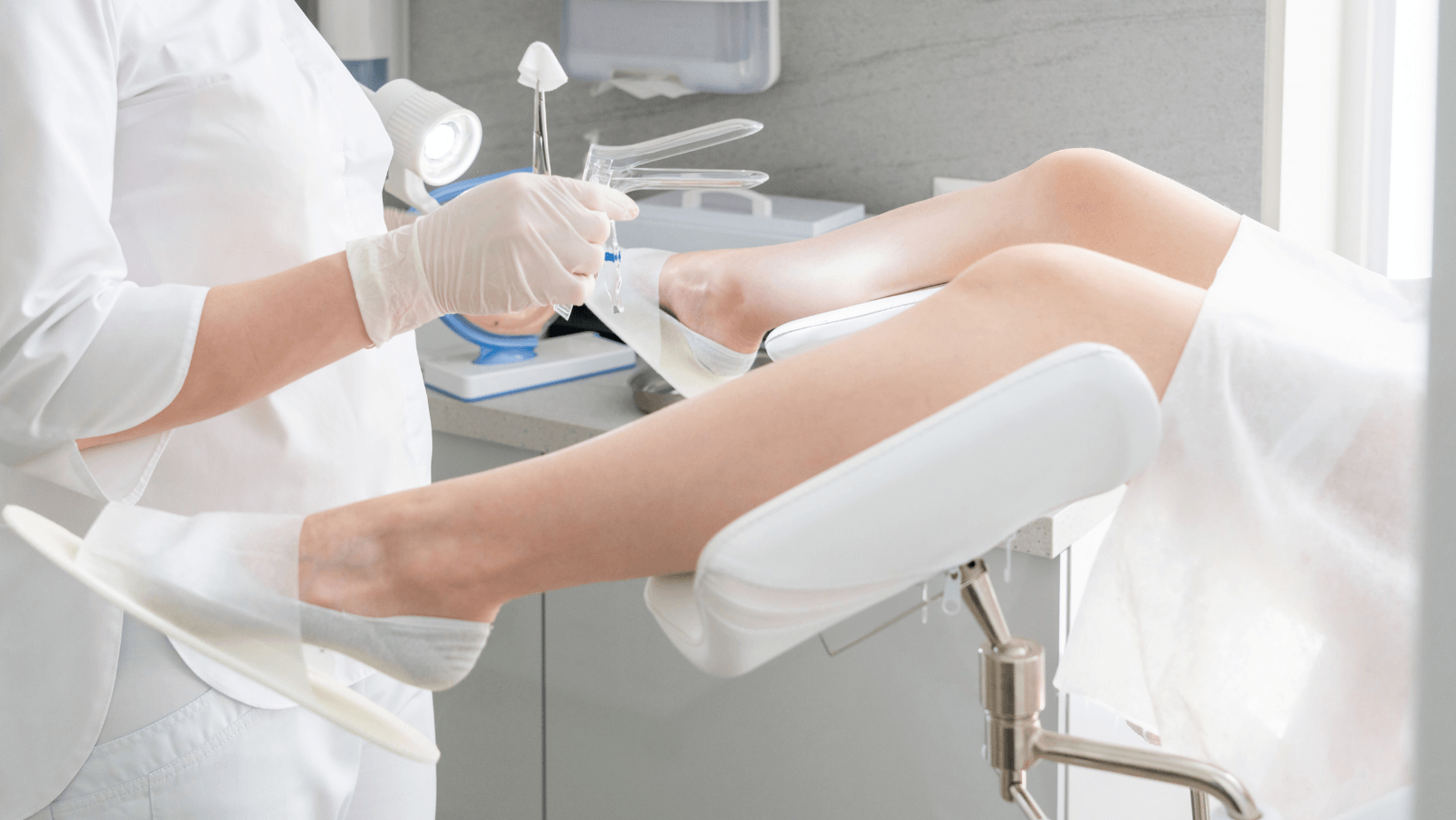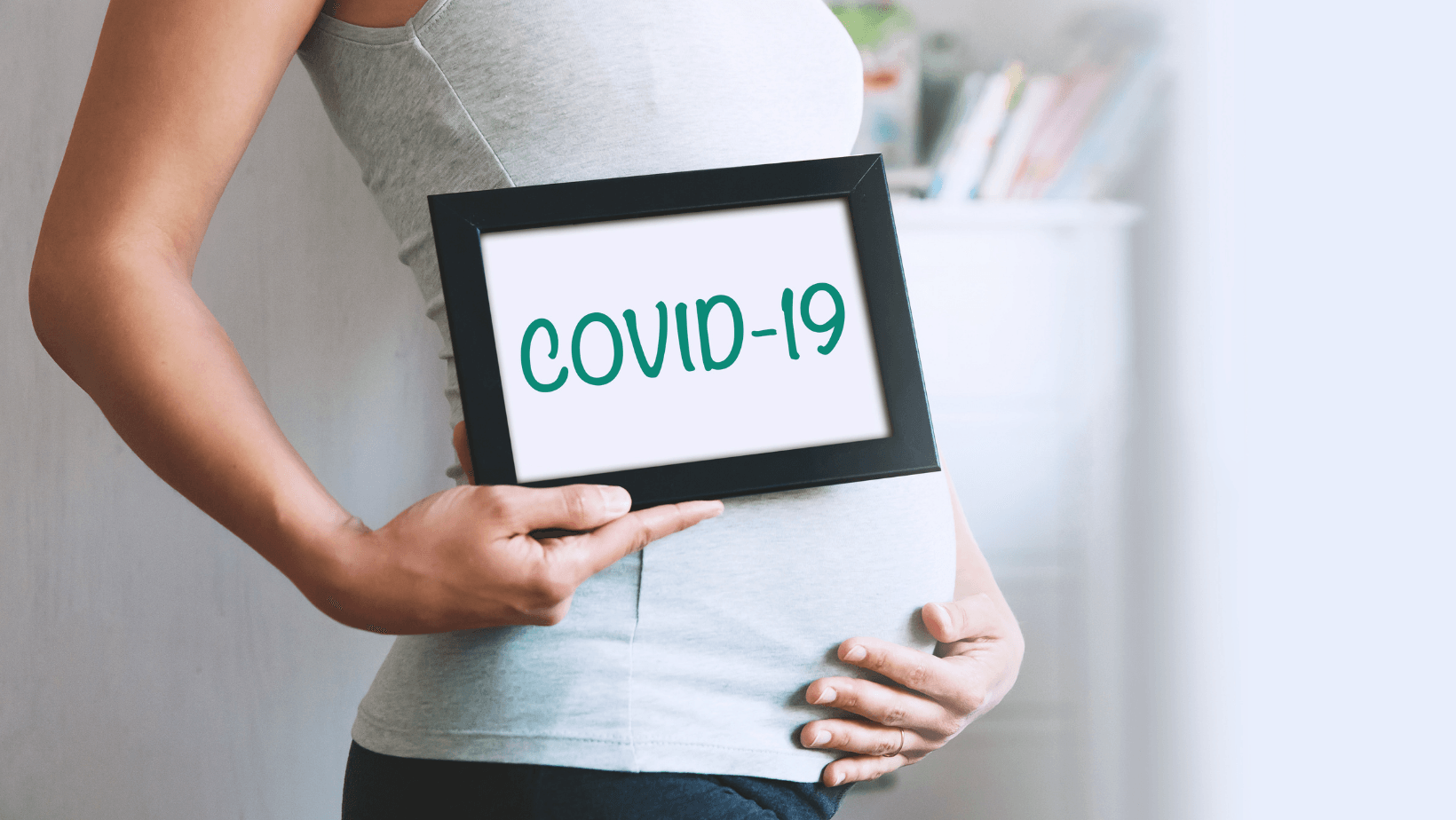• Change your eating habits.
URGENT CARE
FOCUSED CONSULTANT
$99
or even less with a qualified plan!
VIRTUAL PRIMARY CARE
INITIAL COMPREHENSIVE VISIT
$249
or even less with a qualified plan!
VIRTUAL PRIMARY CARE
FOLLOW-UP VISIT
$129
or even less with a qualified plan!
START YOUR VISIT
Once your registration is completed, you will receive an email with the appointment confirmation. At the time of your appointment, you will receive a text message to your smartphone with a link that connect you directly to our virtual doctors for a video consult. For best video and consultation quality, please connect to a Wi-Fi.
If you prefer to use your laptop or a desktop for your video visit, please follow the instructions in your email.
LAB TESTING
Patients using Avicenna will be offered the option to get an electronic lab slip order to be done at their laboratory facility of choice. These options may include Labcorp, Quest Diagnostics or any other preferred facility of choice. Once the results are received and uploaded in our system, you will have the option to review the lab results on your patient portal and schedule a virtual follow up appointment to discuss results with your provider.
IMAGING STUDIES
CONTACT US
Phone: 833-AVICENA
(833-284-2362)
Fax: 479-777-7123
Phone: 833-AVICENA (833-284-2362)
Fax: 479-777-7123
Copyright © 2021 Avicenna Health | Powered by Soubhi Hadri | All Rights Reserved | Privacy Policy

